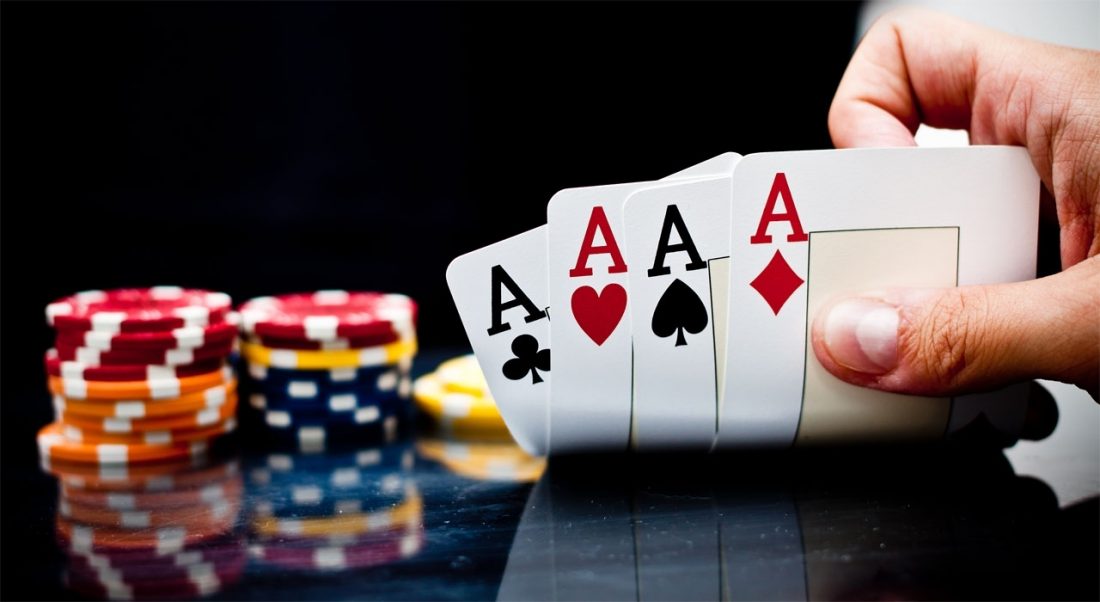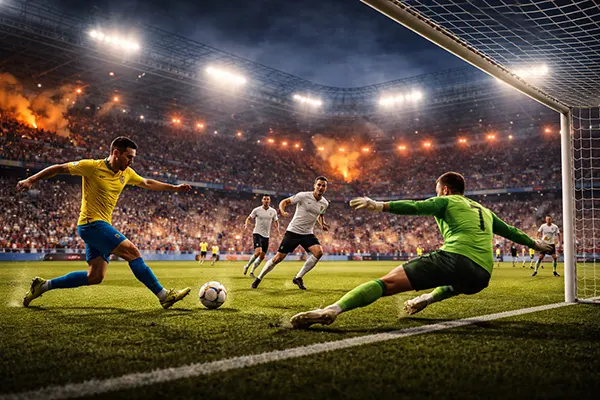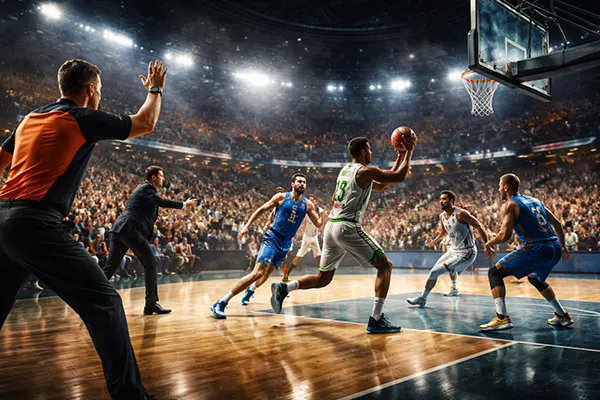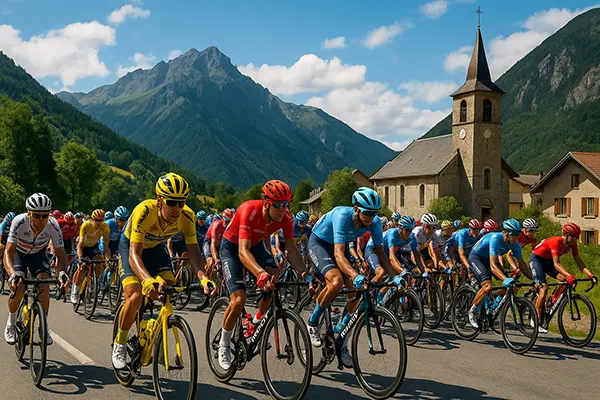Online poker as a sport

When it comes to defining which competitions are sports, discussions arise. For example, basketball and football are sports in which athletes participate. Even individual choices, such as tennis, qualify. But going down the ladder of competitive endeavour, things get more complicated. Another controversial activity is poker, which, by the way, can be found at nolimitway.com.
What is poker
While no one would argue that it doesn’t require a certain level of skill, some aren’t sure if poker is a sport. According to SportsKeeda, poker is a card game in which both skill and luck are important. There are several versions of it that can be played, but the hands are the same regardless of the type of game.
There is a hierarchy of hands. Once the cards are dealt, players can bet according to the strength of their hand. Their hand doesn’t necessarily have to be strong to make a big bet. Players with a modest set of cards can place any bet and hope that their opponent does not realise the weakness of their hand. This is known as bluffing.
Poker requires the ability to analyse both cards and people. Take Texas Hold’em, for example. Five cards are dealt to the table together and two are dealt to each player individually. The players place their bets. It is they who determine the quality of the other players’ hands, based on the bet they make, the probability that they have a particular hand, and any ‘hints’ the players themselves show.

The argument that poker is a sport
There is a popular belief that poker is also a sport. Using the above definition, poker definitely qualifies as pastime, entertainment and recreation. It is essentially a game. The best argument in favour of poker as a sport is that it will require a high level of skill to succeed over a long period of time.
The truth is that very little physical energy is expended playing poker. But mental energy? That’s another story. Competent poker players understand probability and statistics. They must calculate their chances of winning or losing within seconds. They must also understand the body language of their opponents at the table.
All of this requires an innate understanding of human psychology. Of course, some poker players can bet big on one hand without looking at their cards, and in this way they can win a hand or two. But such a poker player cannot succeed for a long period of time. The amount of skill required to become a great poker player means that it can definitely be identified as a sport.
It is similarly argued that chess also falls into this category. Essentially, players sit in one place and their ultimate physical activity ends with moving pieces and pressing a button. But it also involves the brain. The calculation, observation, reflection, excitement and other aspects make it possible to classify chess as a sport.




